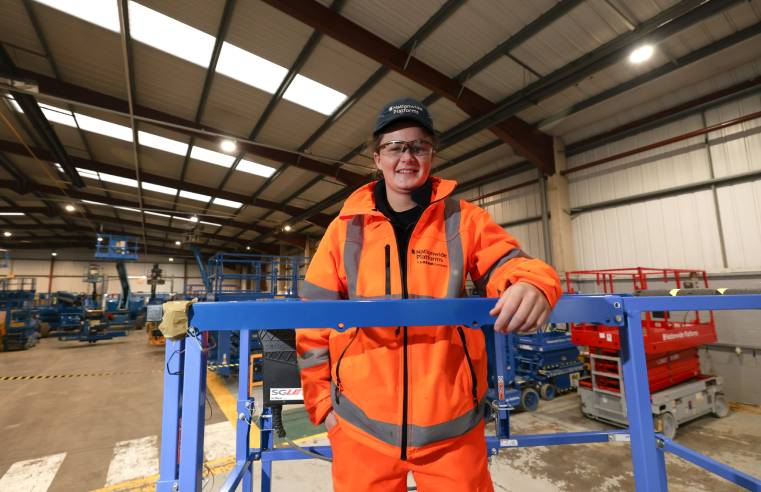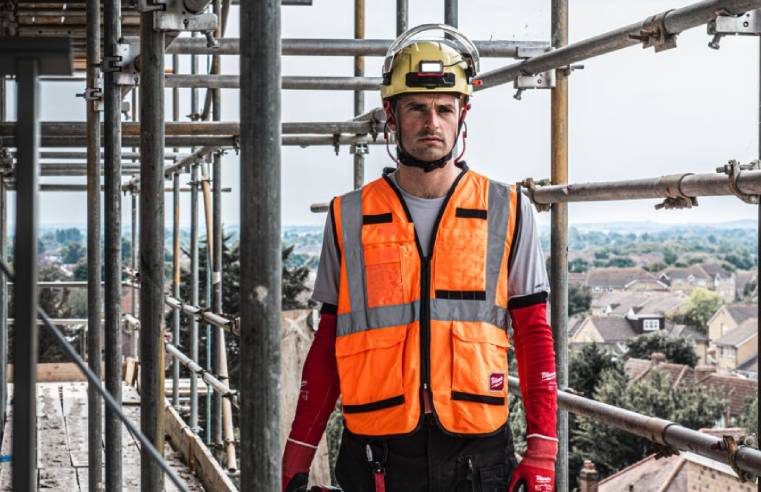In a first for RoSPA, leading policy spokespeople from across the charity's focuses, such as road, leisure and home safety, have collaborated to produce essential safety advice in response to the current warm weather and incoming heatwave anticipated in the coming days. Heatwaves can often have catastrophic implications for the vulnerable, as well as those that don't use caution when encountering extreme temperatures. A government monitoring report from 2020 revealed that were 2,500 heatwave-related deaths in the UK, a year that saw temperatures rise as hot as 37 degrees in some areas of southeast east of England.
The Met Office has released a statement to alert the public of the imminent Red weather warning that a large part of the British Isles will see, with the peak of heat arriving on Sunday, Monday and Tuesday. As a result, RoSPA has responded with the following advice and guidance.
Please note: these recommendations stem from RoSPA’s mission to prevent accidents; we are not medical specialists and we advise that you listen to the medical advice available on sun exposure, heatstroke, hydration, fatigue and rest.
Road policy
Tiredness can cause accidents on the road. With the rising temperatures the UK is experiencing, fatigue is a common symptom due to the sun's ability to drain energy. Furthermore, an increase in temperature can lead to disrupted sleep, which can add to tiredness, and therefore hinder reaction speed on the road.
Drivers and riders, especially those on two-wheeled vehicles such as bicycles, scooters and motorcycles, should be mindful of the potential of sticky or melted patches of tarmac on roads due to the sun's heat. For better handling of such scenarios, it is recommended that drivers are attentive when manoeuvring around corners and also not brake too abruptly.
Finally, whilst it might be important to wear loose-fitting clothing to keep cool, suitable footwear when operating a vehicle's pedals is necessary for applying the requisite amount of pressure. Accordingly, if on a two-wheeled method of transport, protective gear must be still worn.
Home policy
Whilst there is no solid evidence of heatwaves leading directly to falls, anything that causes tiredness or dehydration has the potential to have an impact on a person's mobility or movement. Think carefully about any jobs you plan to do that include exertion, such as tasks involving ladders, or carrying heavy loads in the sun and heat.
It may be wise to plan activities during cooler, shadier times of the day and not during the hottest stages. Therefore, be sure to drink plenty of water, have more frequent rests and take the time to recover properly afterwards.
The use of paddling pools can be a great way for children to cool off in the summer heat, but direct supervision is vital. This vigilance can be extended to garden play in general, especially with children under 5, so always be as observant as possible when your little one is near water features like ponds or outdoor cooking appliances like barbecues. When finished with a pond, ensure that it is emptied or properly secured. For those barbecuing, never leave it unattended, especially when in use, and cover it when finished. Also, using disposal barbecues should always be safely disposed of, expressly if in a public space as there is a fire risk and potential to burn others.
Do a visual check of the cables, plugs and casing on any electrical equipment that you plan to use. If damaged, don’t use it.
Water and leisure safety
With the current heatwave across the UK, it can be tempting to cool off with a swim in some of the UK’s waterways. However, it’s important to know though that despite the hot weather, the temperature of open water can be very low and there is a risk of Cold Water Shock (CWS). CWS affects your ability to breathe, overwhelms your ability to swim, and can even lead to drowning. Even the strongest swimmers can be impacted by CWS shock, so be mindful of this every time you enter the water.
Waterways such as lakes may seem like a safe and tranquil place to have a dip, but RoSPA’s advice is to choose to swim at a supervised location such as a lifeguarded beach, pool or lido.
Finally, if you see someone else in trouble, always call 999 for emergency help rather than submerging yourself in water too. If you find yourself in trouble in the water, remember to FLOAT: Lean back, extend your arms and legs, and wait to control your breathing. Once you are calm and composed, swim to safety or call for help.
Learn more about the #RespectTheWater initiative here.






















